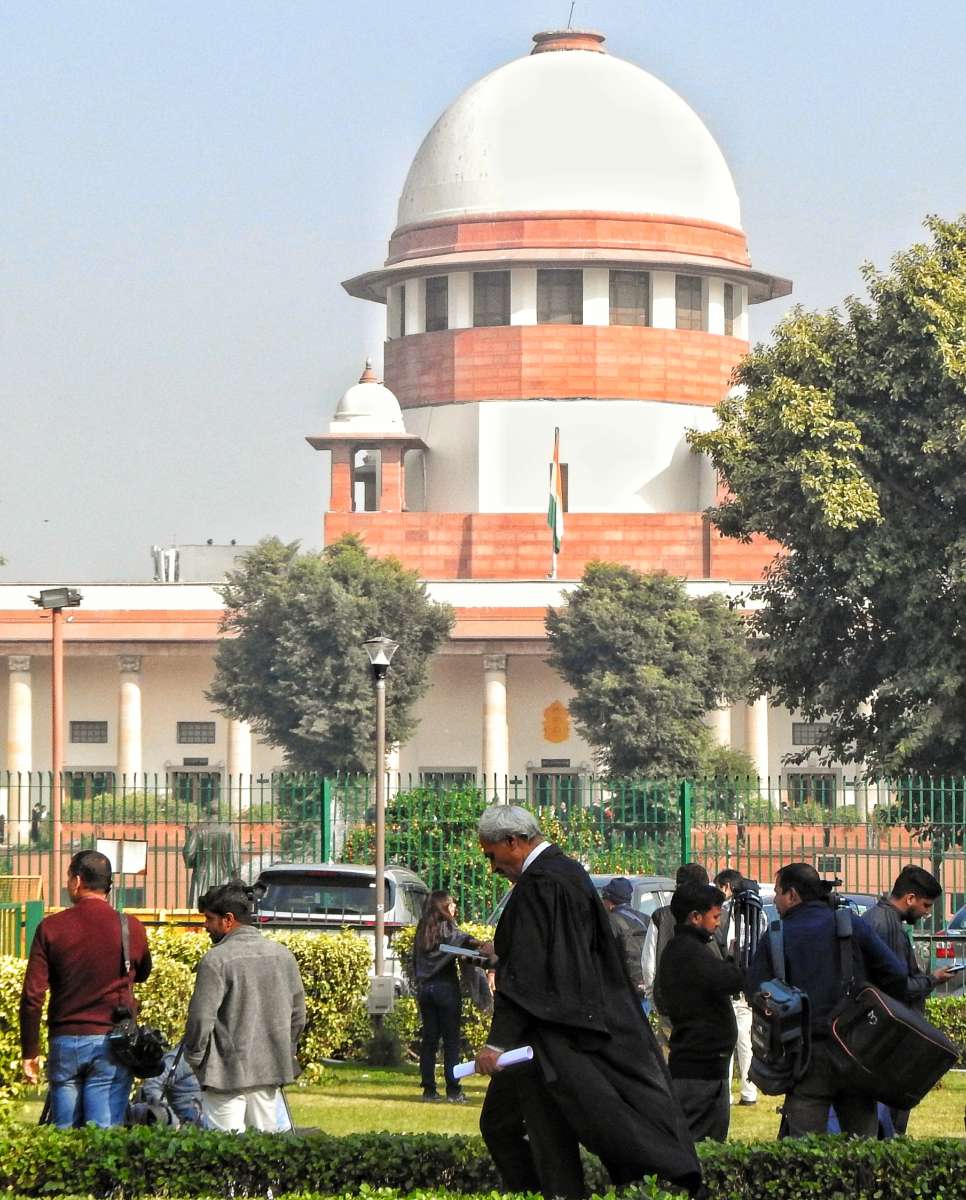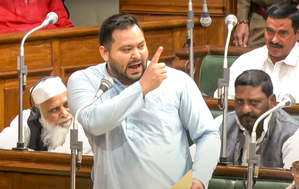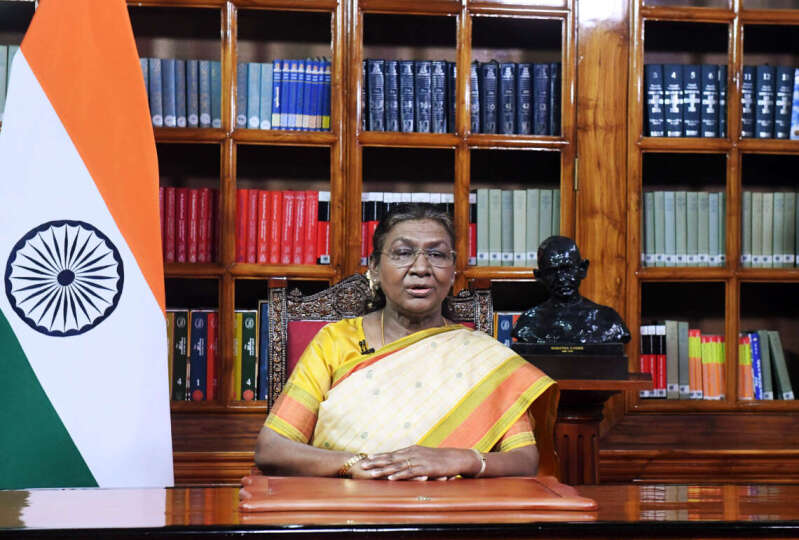The Kerala government contends that the Centre’s imposition of a borrowing cap infringes upon its authority to regulate the state’s finances independently….reports Asian Lite News
The Kerala government’s lawsuit against the Centre regarding the ceiling on net borrowing has garnered attention from the Supreme Court, assuring consideration for listing before a five-judge Constitution bench.
Senior advocate Kapil Sibal, representing the state government, emphasized the urgency of the matter and requested listing after the summer vacation. Justices Sanjiv Khanna and Dipankar Datta acknowledged Sibal’s submissions, with Justice Khanna expressing intent to assess and decide on the listing.
Previously, a bench comprising Justices Surya Kant and K V Viswanathan referred the lawsuit to a five-judge Constitution bench on April 1. Despite the Kerala government’s plea for an interim injunction, the apex court declined, noting the state’s substantial relief during the interim application’s pendency.
The Kerala government contends that the Centre’s imposition of a borrowing cap infringes upon its authority to regulate the state’s finances independently. Referring to Article 293 of the Constitution, which governs state borrowing, the apex court highlighted the lack of authoritative interpretation on this provision thus far.
The Supreme Court’s assurance of considering the lawsuit underscores the significance of the issue, emphasizing the need for a comprehensive examination by a larger bench to address the constitutional implications of borrowing limitations on states.
‘Advocates not liable under CP Act for deficiency of services’
The Supreme Court on Tuesday ruled that the complaint alleging “deficiency in service” against advocates would not be maintainable under the Consumer Protection Act (CP Act) as it noted that the legal profession is unique in nature and cannot be compared with any other profession.
A bench of justices, Bela M Trivedi and Pankaj Mithal ruled while setting aside the National Consumer Disputes Redressal Commission decision.
“Thus, a considerable amount of direct control is exercised by the Client over the manner in which an Advocate renders his services during the
course of his employment,” the court said.
“All of these attributes strengthen our opinion that the services hired or availed of by an advocate would be those of a contract ‘of personal service’ and would therefore stand excluded from the definition of “service” contained in Section 2(42) of the CP Act, 2019. As a necessary corollary, a complaint alleging deficiency in service against advocates practicing the legal profession would not be maintainable under the CP Act, 2019,” the court said,” the court said.
The court observed that the very purpose and objective of the Consumer Protection Act 1986, as re-enacted in 2019, was to provide protection to consumers from unfair trade practices and unethical business practices, and the Legislature never intended to include either the Professions or the services rendered by professionals within the purview of the said Act.
“The legal profession is sui generis i.e. unique in nature and cannot be compared with any other Profession,” the court said.
A service hired or availed of an Advocate is a service under “a contract of personal service,” and therefore would fall within the exclusionary part of the definition of “Service” contained in Section 2 (42) of the CP Act 2019, the court remarked.
The top court set aside the National Consumer Disputes Redressal Commission.
The top court was hearing a set of appeals emanating from the impugned order dated August 6, 2007 passed by the National Consumer Disputes Redressal Commission (NCDRC), Delhi in Revision Petition, in which the NCDRC has held, inter alia, that if there was any deficiency
in service rendered by the Advocates/Lawyers, a complaint under the Consumer Protection Act, 1986, would be maintainable.
The court was dealing with a question of law pertaining to the legal profession as a whole that has fallen for consideration before this Court is – whether a complaint alleging “deficiency in service” against advocates practising Legal Profession, would be maintainable under the Consumer Protection Act, 1986, as re-enacted in 2019? The court was dealing with issue whether a “Service” hired or availed of an Advocate would fall within the definition of “Service” contained in the CP Act, 1986-2019, so as to bring him within the purview of the said Act. (ANI)
ALSO READ: Priyanka taunts PM over unkept vows














